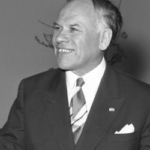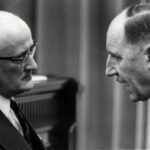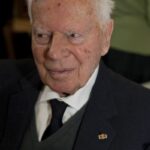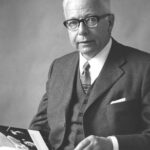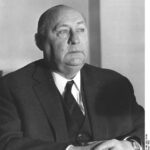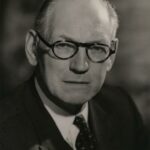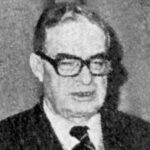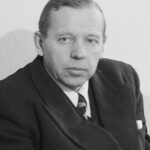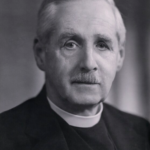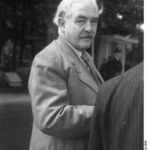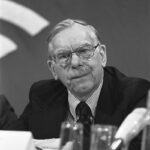Ecumenical Commission on European Cooperation (ECEC/CCREC)
- Date of Founding
- 1950
- Date of Abolition
- 1974
- Location

The Ecumenical Commission on European Cooperation (ECEC) began in the spring of 1950 as an extra-official group of laypersons and theologians to analyze, preview, and discuss developments in the political and economic integration of Western Europe. Hence, unlike other ecumenical bodies, all ECEC members hailed from either Western or Northern European countries. Among its initial members many were or had been active in political office, such as Gustav Heinemann, Minister of Interior Affairs in West Germany, Hermann Ehlers, President of West Germanys Bundestag, and André Philip, former Minister of Finance of France. After the presentation of the Schuman Plan on 9 May 1950, ECEC enthusiastically embraced the idea of European economic integration.
As a private initiative, ECEC could never count on the full support of the World Council of Churches and a feud with the CCIA led to a name change in 1953 into the Committee on the Christian Responsibility for European Cooperation (CCREC). Later, halfway the 1960s, its name was changed once again into Christian Study Group for European Unity (CSGEU).
ECEC members like Max Kohnstamm and Jean Rey rose within the ranks of the newly formed European Coal and Steel Community, with Kohnstamm becoming the High Authoritys secretary and Jean Monnets personal confidant. ECEC thus not only provided Protestant and Anglican politicians with a platform to exchange their views, but also equipped its members to express these views before their national parliaments. In the controversy about German rearmament and the prospect of a European Defence Community (EDC), ECEC lobbied in its favour and the EDCs ultimate failure in the French parliament was a heavy blow to the Commission. By 1957, the year of the Treaty of Rome, ECEC members openly wondered whether they could continue as an advocacy group for further European integration, because their political influence had been limited. Nevertheless, it continued operations until 1974, though with less zeal and personal strength than in its first decade.


